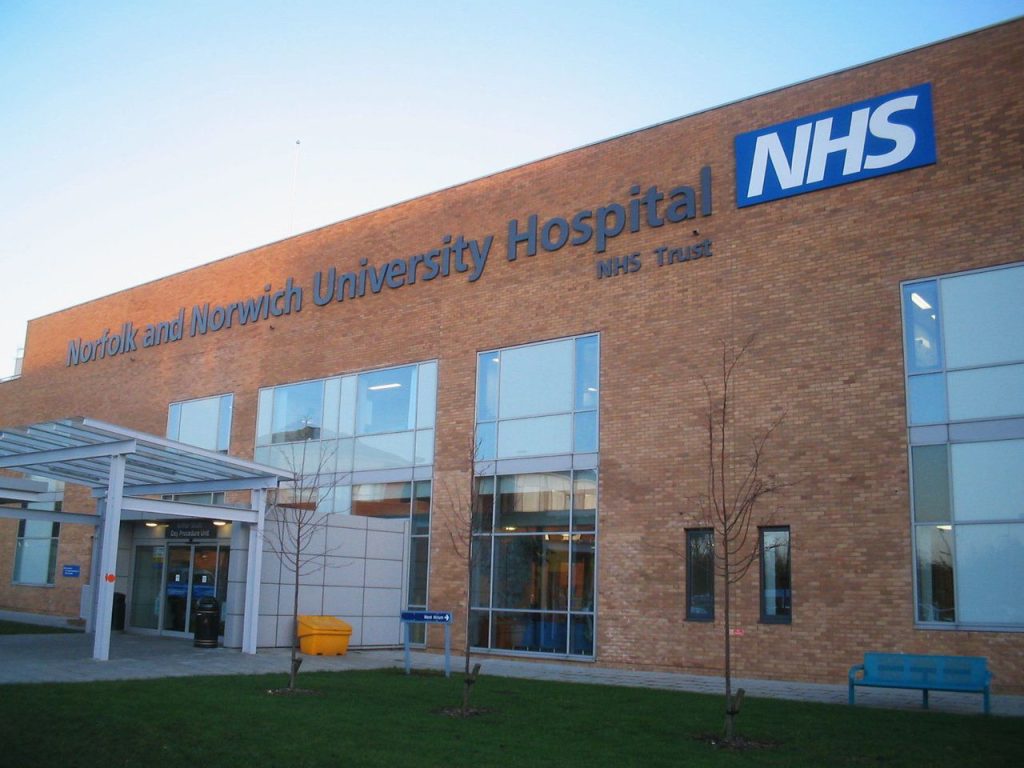Every baby born in the UK will have their entire DNA mapped under a revolutionary NHS programme aimed at predicting and preventing disease before symptoms even appear.
Health Secretary Wes Streeting unveiled the initiative as part of a wider 10-year health plan expected to launch in early July. At the heart of the strategy is a shift away from treating illness after it arises, toward using cutting-edge genomic science and digital technology to prevent disease entirely.
Within a decade, every newborn in the UK will undergo whole genome sequencing, a process that decodes the complete genetic makeup of a person. This will allow healthcare professionals to assess a child’s risk of developing hundreds of diseases, enabling earlier, more personalised interventions.
Mr Streeting described the plan as “a revolution in medical science” that could allow the NHS to leapfrog deadly diseases, from cancer to Alzheimer’s, by catching them before they start.
“Our 10-year plan will build on the founding promise of the NHS, so that it provides care free at the point of risk, not just risk,” he said.
“With this new technology, patients will receive personalised care to stop illnesses before symptoms begin, relieving pressure on NHS services and helping people live longer, healthier lives.”
Currently, newborns undergo a heel-prick blood test for nine rare but serious conditions. Under the new system, DNA sequencing will vastly expand this scope. Rather than blanket screening or general health MOTs in later life, people will increasingly receive personalised health checks and targeted treatments.
The strategy will also reduce adverse drug reactions by tailoring prescriptions based on an individual’s genetic profile. Over time, medications may be offered preventively, transforming how treatment is delivered.
Health officials say the approach will change the NHS from a reactive to a proactive service, forecasting risks and intervening early rather than responding to illness after it takes hold.
The government has pledged £650 million to accelerate genomics research as part of its wider life sciences strategy. The NHS’s £29 billion annual funding boost will also support major changes in service delivery of Expanding virtual hospitals and remote consultations via an Uber-style app, Using smartwatches and wearable tech to monitor patients in real-time, creating neighbourhood health teams that bring services closer to communities, Greater involvement of private providers to deliver local care.
Mr Streeting also cited Japan’s efforts to merge genomics with AI to provide personalised health assessments as inspiration for the UK’s plan. While the rollout is widely supported by scientists, patient groups, and charities, it is not without controversy. Ethical concerns are growing over the psychological burden of knowing one’s future disease risk from birth.
For instance, genome sequencing could reveal if a child carries the BRCA1 gene, which significantly increases the likelihood of developing breast cancer, information that could shape decisions decades later.
There are also data protection worries. All DNA records will be stored in the National Genomic Research Library, with strict encryption and security protocols. However, the sensitivity and commercial value of this information make it a target. In 2023, genetic testing company 23andMe was fined £2.31 million after failing to prevent a large-scale cyberattack that compromised UK user data.
Despite the risks, NHS leaders believe the benefits far outweigh the concerns. The upcoming health plan is expected to formalise the shift to genomics, digital health, and preventive care as the core of future NHS services.
As Mr Streeting put it: “Much of what’s done in a hospital today will be done on the high street, over the phone, or through an app in a decade.”



